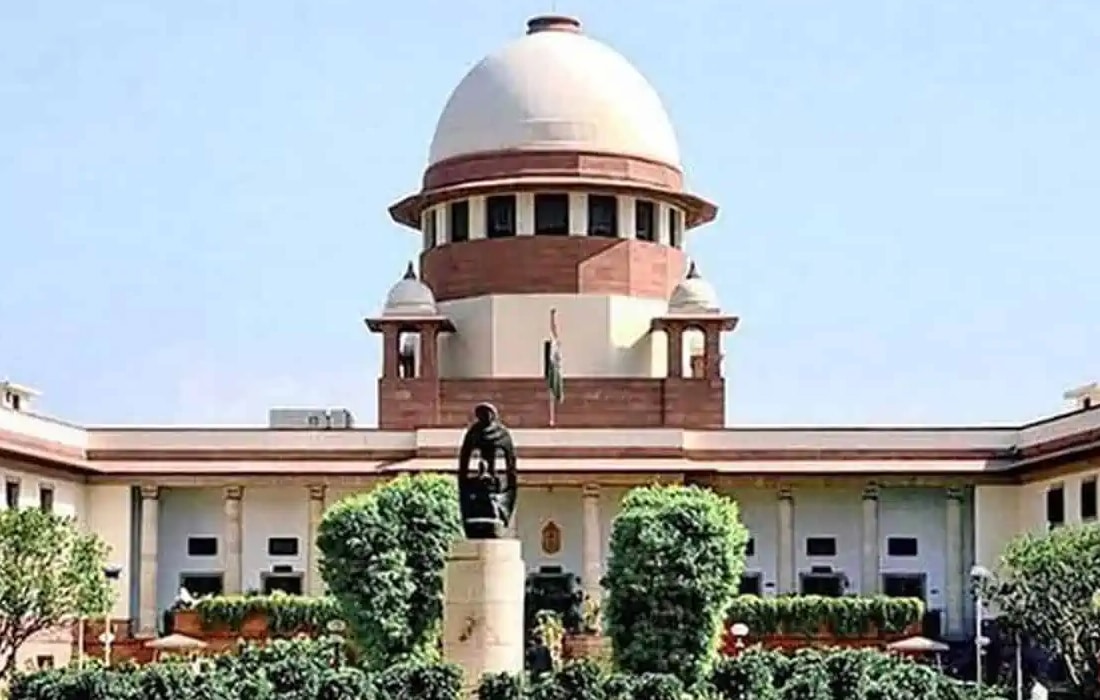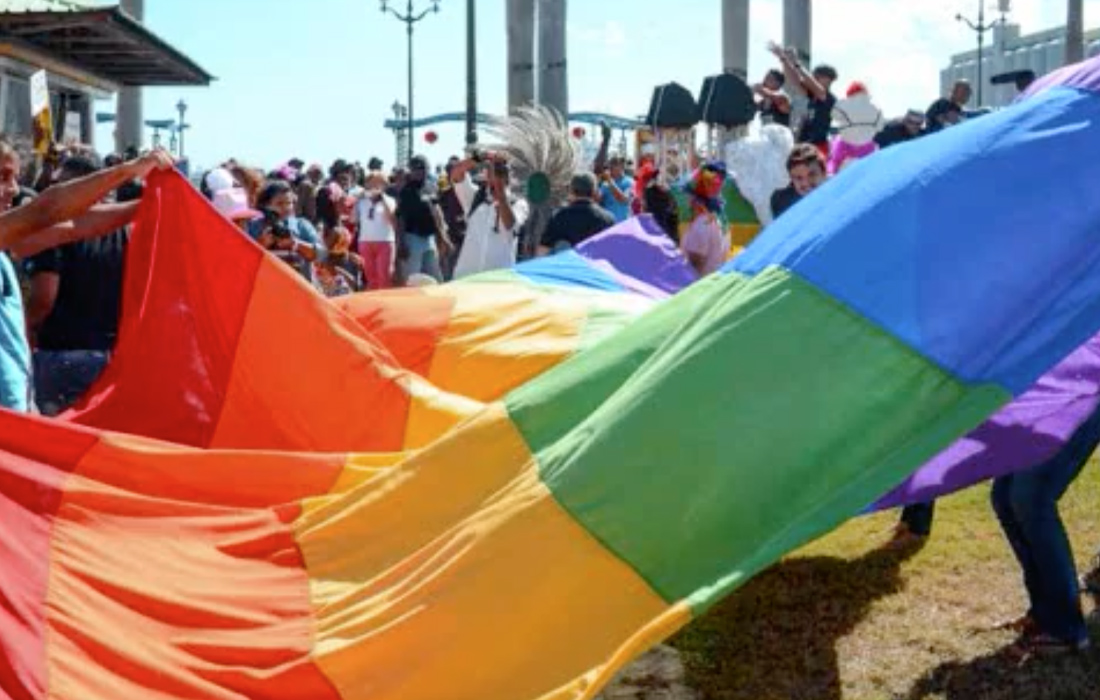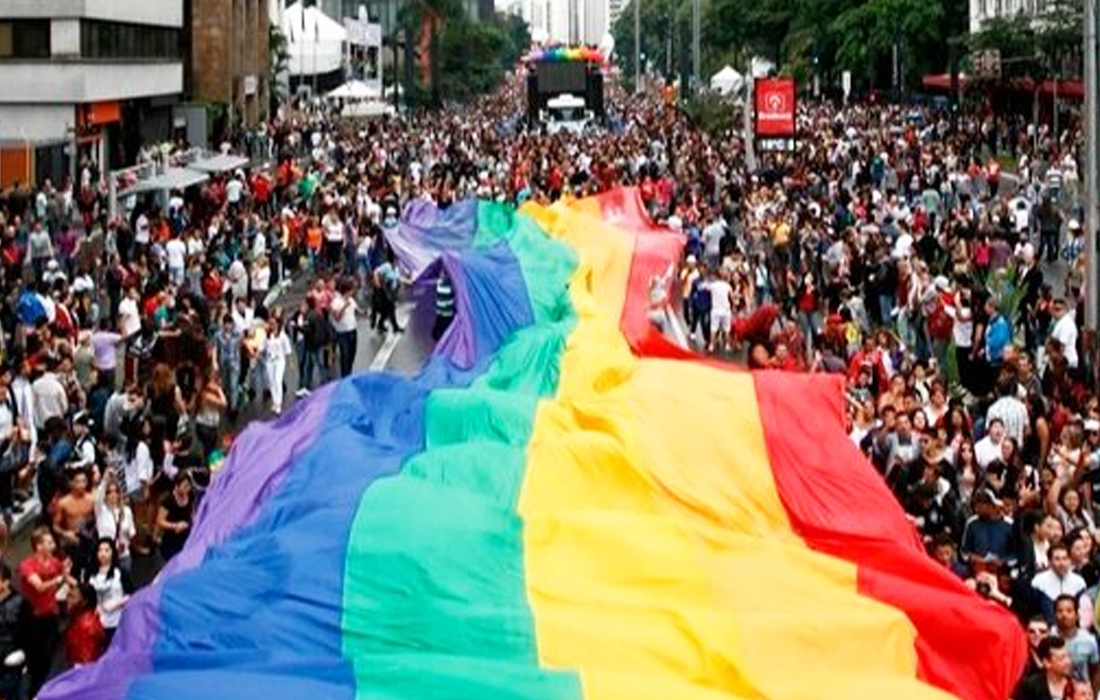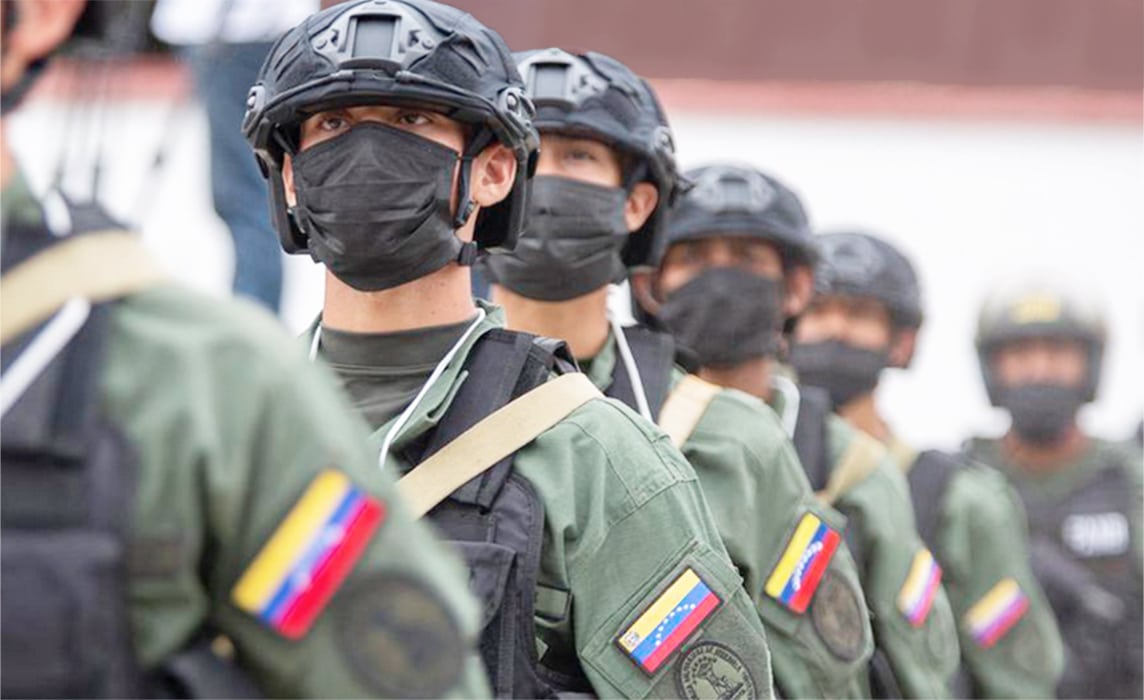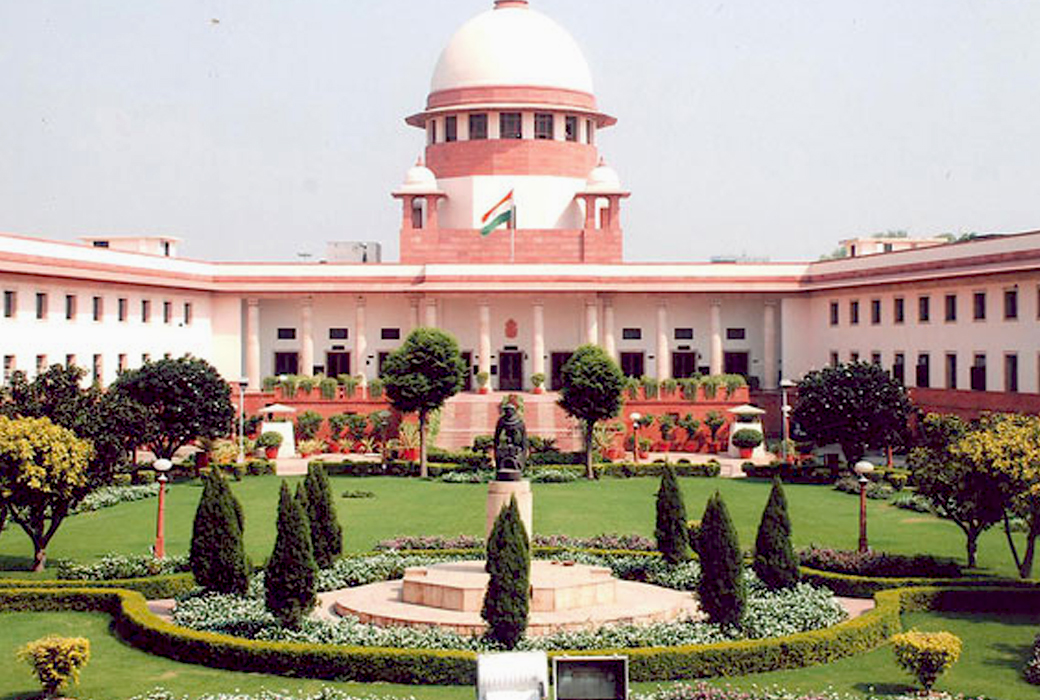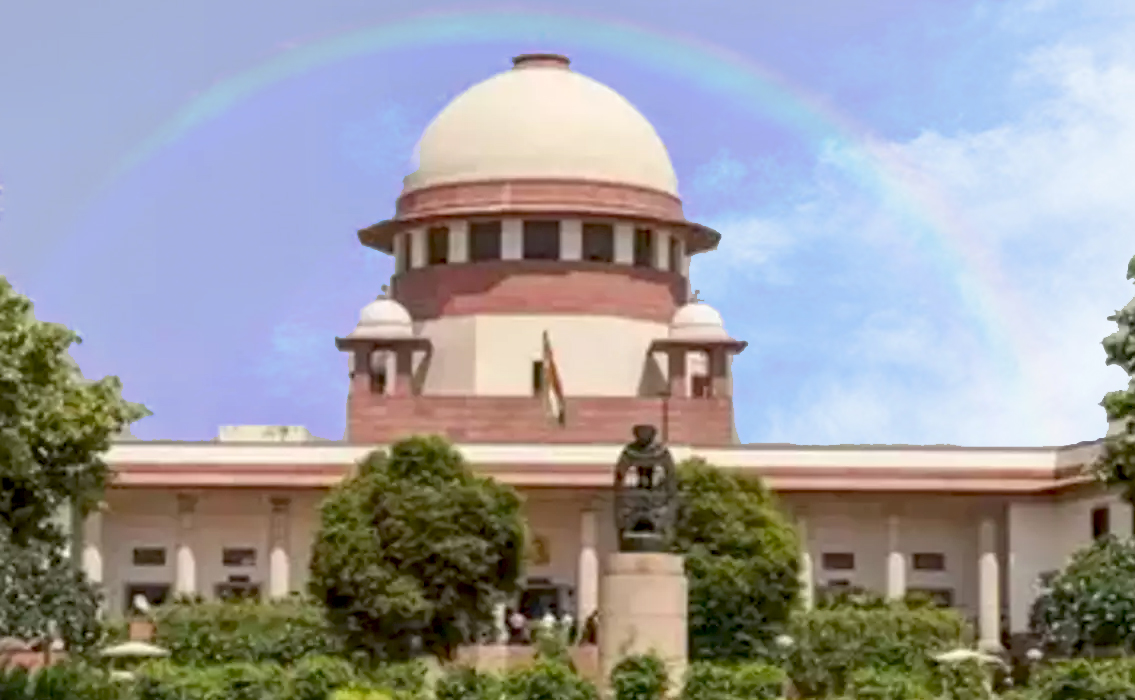>> Indian Supreme Court Recognizes Third Gender
In a landmark ruling, India’s highest court has declared that transgender Indians are entitled to the same rights as all other citizens of the nation.
[spacer]
La Cour suprême indienne a reconnu mardi l’existence d’un « troisième genre », ni masculin, ni féminin, une décision saluée comme un tournant par les groupes militants.
« La reconnaissance des transgenres comme un troisième genre n’est pas une question sociale ou médicale mais une question de droits de l’homme », a dit le juge K.S. Radhakrishnan.
La Cour a ordonné au gouvernement de l’Inde et aux Etats du pays d’identifier les transgenres comme un troisième genre neutre et leur donner droit aux mêmes aides sociales et en termes d’emploi que les autres groupes minoritaires.
« Les transgenres sont des citoyens de ce pays et ont droit à l’éducation et à tous les autres droits », a dit le juge.
Le recours avait été intenté en 2012 par un groupe conduit par Laxmi Narayan Tripathi, militant connu des eunuques et transgenres pour obtenir la reconnaissance de leurs droits.
« Pour la première fois, aujourd’hui, je suis très fier d’être indien », a dit le militant aux journalistes réunis devant la Cour suprême.
« Mes soeurs et moi avons le sentiment d’être de vrais Indiens et sommes très fiers car nos droits ont été reconnus par la Cour suprême », a-t-il ajouté.
Début avril, la plus haute juridiction d’Australie avait décidé qu’une personne pouvait être reconnue par l’état civil comme de genre neutre, l’un des rares pays à reconnaître un troisième sexe.
De leur côté, l’Allemagne et le Népal autorisent leurs ressortissants à inscrire un X dans la case « sexe » du passeport
En Inde, la même Cour suprême avait en décembre refusé de dépénaliser l’homosexualité qui reste un crime.
[spacer]
>> The Supreme Court of India has just guaranteed the nation’s transgender population a litany of rights, including equal access to education and employment, reports the BBC.
In a landmark ruling today, the high court declared that « it is the right of every human being to choose their gender, » granting formal, legal recognition to Indians who identify as neither male nor female, or those who identify as transgender women, known as hijra. Members of this group occupy a peculiar space — they are often sought after to perform at elaborate ceremonies, but shunned from public life and enduring abject poverty, often turning to begging or sex work to survive.
The two-judge panel ordered the government to establish employment and education quotas for transgender citizens, similar to those that already exist for other minorities in the country.
« Recognition of transponders [sic] as a third gender is not a social or medical issue but a human rights issue, » wrote Justice K.S. Radhakrishnan in the decision, according to the BBC. « Transgenders [sic] are also citizens of India, » who must be « provided equal opportunity to grow. … The spirit of the Constitution is to provide equal opportunity to every citizen to grow and attain their potential, irrespective of caste, religion, or gender. »
The ruling was declarative in stating that transgender Indians have a right to competent medical care and access to separate hospital wards and restrooms.
Trans advocates celebrated the victory, anticipating the wide-reaching positive impact it will have on this oft-downtrodden minority.
« We are quite thrilled by the judgment, » Anita Shenoy, counsel for the National Legal Services Authority, which brought the case, told the BBC. « The court order gives legal sanctity to the third gender. »
India has offered a modicum of recognition to its gender-nonconforming citizens since 2009, when voters were allowed to register their gender as « other » on ballots submitted to the Election Commission.
While Tuesday’s ruling is an important step toward full equality for transgender Indians, the BBC notes that some may find themselves in a peculiar legal situation, given the country’s recently reenacted ban on consensual sex acts between members of the same sex. Last December the Supreme Court struck down a 2009 Delhi High Court ruling that invalidated a colonial-era prohibition on gay sex, reinstating Section 377 of the Indian Penal Code, which imposes 10-year prison sentences on anyone committing « carnal intercourse against the order of nature with man, woman, or animal. » The law has been widely interpreted to amount to a prohibition on any gay sex acts, regardless of the consent of the parties involved.
Although the Supreme Court initially denied a petition to reconsider that ruling, it announced earlier this month that it will reconsider its December ruling, responding to the ongoing demands of LGBT activists outraged by the decision.





